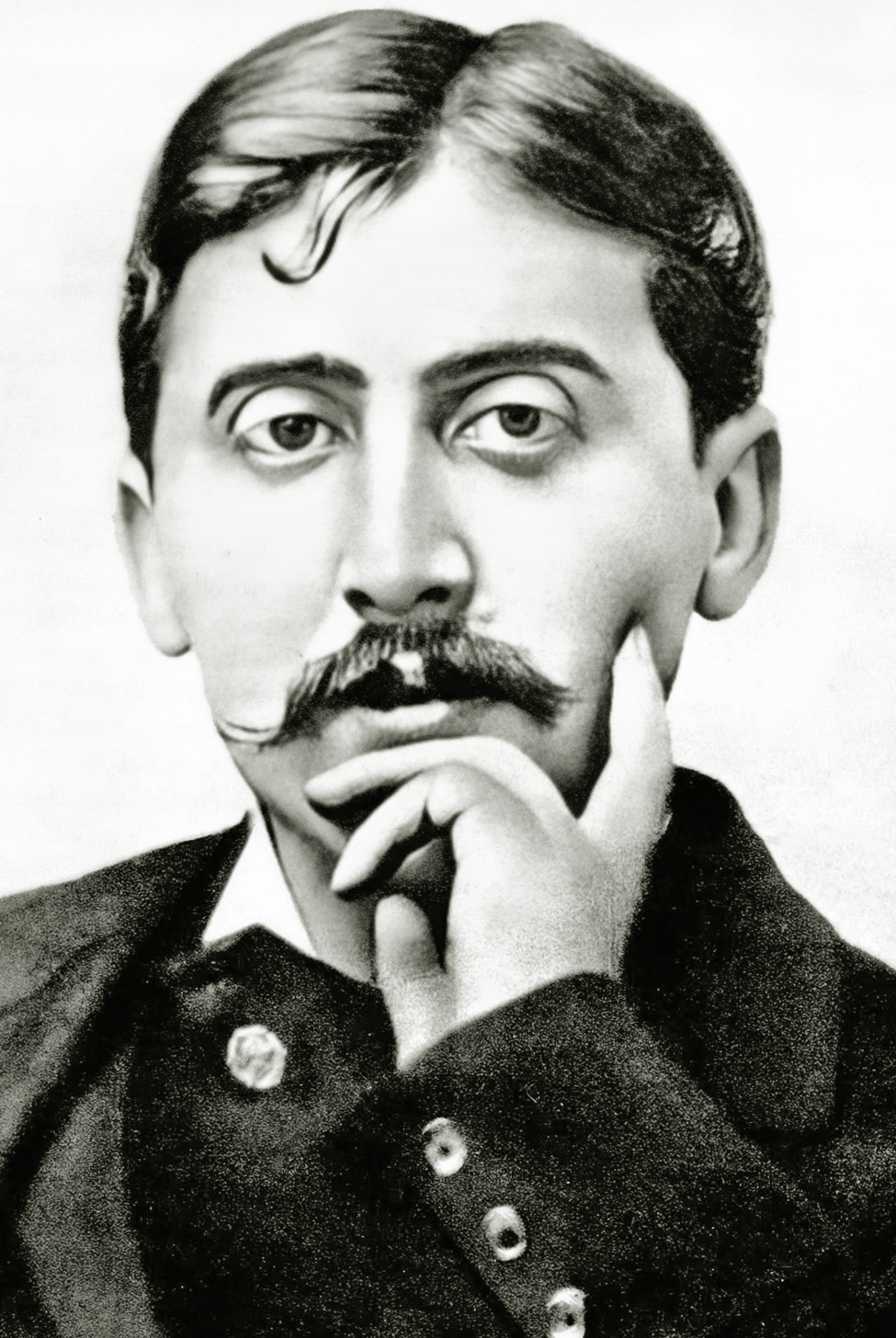
Malcolm Bowie
Master of Christ's College, Cambridge and author of Proust among the Stars
5 episodes
Appears in multiple episodes with: Adam Phillips
Covers topics in categories such as:
Proust
Melvyn Bragg discusses the life and achievements of the 19th century French novelist Marcel Proust whose 3000 page work À La Recherche du Temps Perdu has been called the definitive modern novel.
17 April 2003
Also featuring: Jacqueline Rose, Robert Fraser
Conversationalists20th-century atheistsFrench philosophers of art19th-century French philosophersLGBTQ Roman Catholics19th-century French LGBTQ people, 20th-century French LGBTQ people19th-century mysticsPhilosophers of literatureFrench Roman Catholic writersFrench atheistsBurials at Père Lachaise Cemetery20th-century French novelistsFormer Roman CatholicsAphoristsDeaths from pneumonia in France, Prix Goncourt winnersFrench male non-fiction writersFrench literary criticsPeople with hypochondriasisFrench essayists19th-century atheists20th-century mystics20th-century French philosophersLycée Condorcet alumniFrench short story writersFrench LGBTQ novelistsWriters from ParisModernist writers20th-century French essayists, 20th-century French short story writersPsychoanalysis and democracy
Melvyn Bragg discusses the impact of politics on psychoanalysis and how psychoanalysis itself attempts to resolve the conflicting ideas and voices within our minds.
11 July 2002
Also featuring: Adam Phillips, Sally Alexander
Surrealism
Melvyn Bragg discusses surrealism, the art of the unconscious, repression, desire and sex.
15 November 2001
Also featuring: Dawn Adès, Darian Leader
Psychoanalysis and Literature
Melvyn Bragg assesses whether Freudian theory reinvents our appreciation of literature before Freud, and explores how important Freudian analysis is to understanding the great works of literature.
9 November 2000
Also featuring: Adam Phillips, Lisa Appignanesi
Memory and Culture
Melvyn Bragg discusses how our ways of remembering have changed and explores whether memory itself can remain forever unchanged in its role within our psychology.
27 May 1999
Also featuring: Nancy Wood



